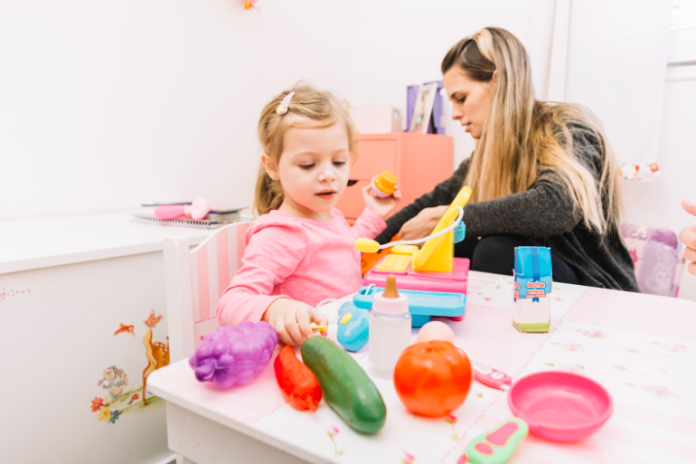Daycare has become a vital part of many busy parents worldwide. Early education of children has a high impact on them and plays a vital role in shaping their personality. Many curious parents like you want to know the impact of daycare on their children’s development. Does day care help in different ways than parents can’t? This affects children in many ways, such as psychologically and socially. In this article, we will delve into how day care affects children’s lives.
Social Skills and Behaviour
Daycare centers are the first opportunity for children to interact with others, like classmates, teachers, etc. This environment helps them to learn social skills like sharing, resolving conflicts, cooperation, etc. They meet with peers who come from different backgrounds, which encourages cultural awareness.
They also learn to work independently, like eating on their own, following the routine, managing their belongings; they can all do these without their parents, which creates self-confidence. The children who learn socialization in daycare serve as valuable assets in a new social environment, engaging positively with others, forming friends, which helps in emotional and social development.
Long-term Effects
As daycare affects the children immediately, likewise, long-term effects are also very crucial. The children who attended daycare perform better in their later lives. The structure of day care creates a strong foundation and impact on children’s lives for a long period of time.
Children who go to daycare often find it easy to adjust to different environments and different personalities. Because they already have practice in social interaction.
Peer Interaction Skills
As we read above, a daycare center taught the children socialization. When they interact with other classmates, they learn a lot of things like playing in groups, sharing, caring with each other, etc. This will help in their future life, and they perform better on cognitive tests and improve social skills as compared to those who remain at home.
Developed School Readiness Skills
Early education in daycare centers sets the foundation for different skills, such as numeric and problem-solving skills. According to American research, the children who attend a daycare center have better reading and math skills by the age of 15.
For those children, it’s easy to focus on academic and cognitive skills. When they go to school for the first time, it will not be difficult for them, because they have already developed the habit of waking early and going to school. They can easily adjust in a school setting and interact with classmates.
Improve Self-Confidence
A key benefit of daycare is improving self-confidence in children. Such a type of center creates an environment in which small achievements lead to a feeling of accomplishment and self-confidence. When children engage in age-appropriate activities, they begin to recognize their strengths and abilities.
In a daycare center, children’s success is celebrated, and they receive positive reinforcement, which helps to build self-esteem. Feeling empowered and capable, children achieve the confidence to face challenges and solve their problems.


























